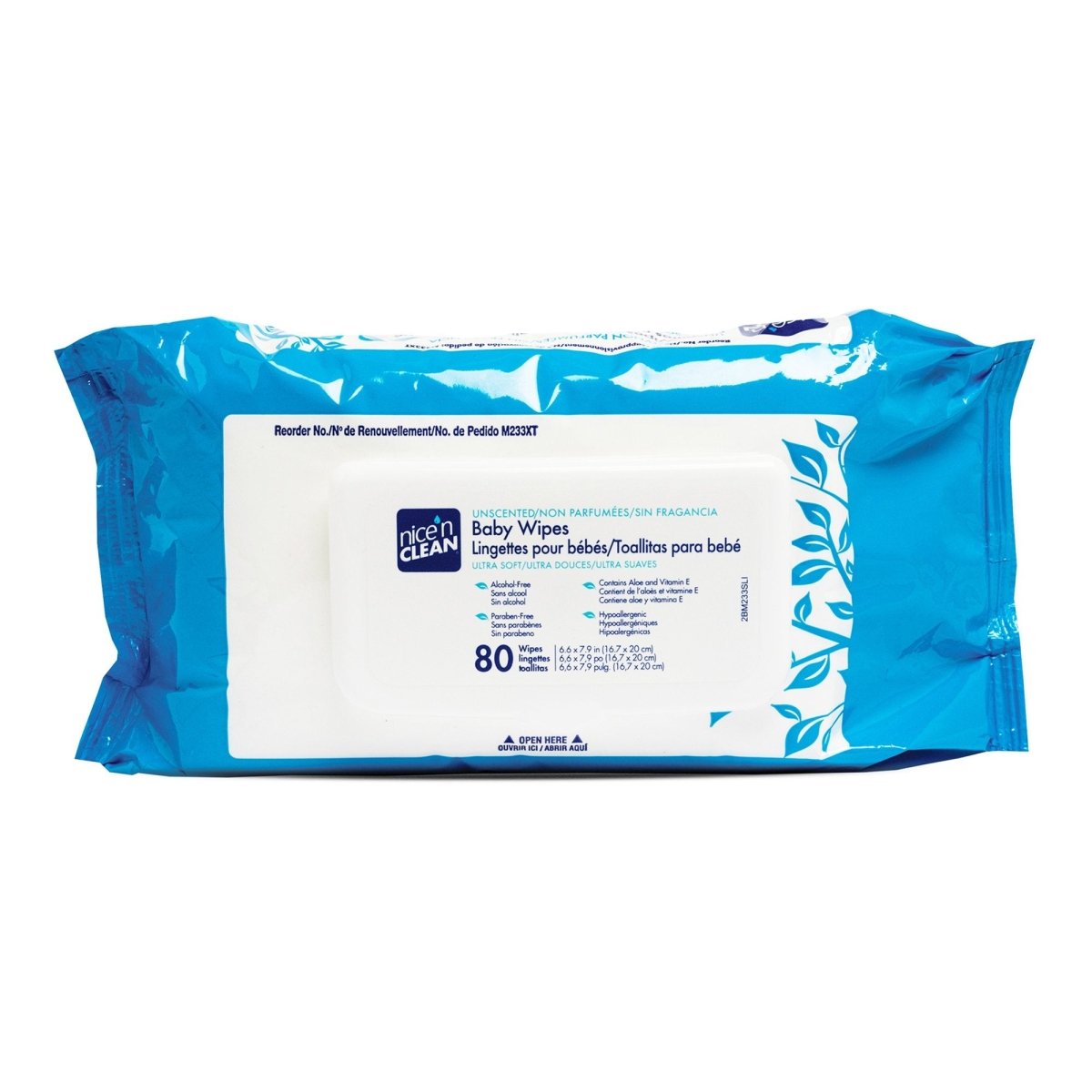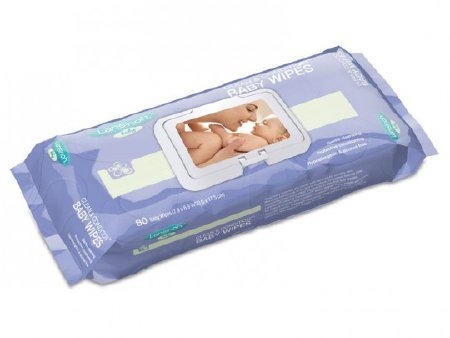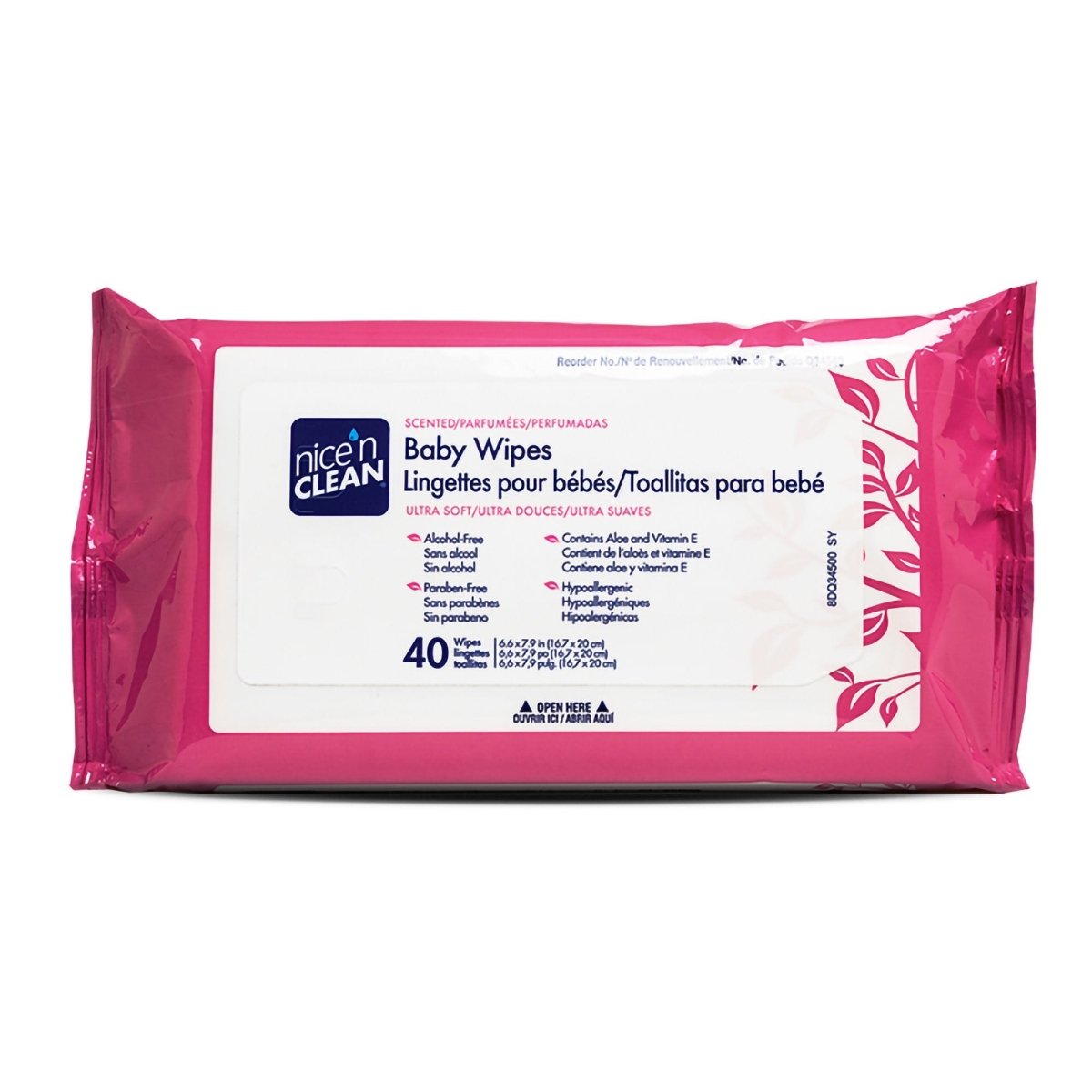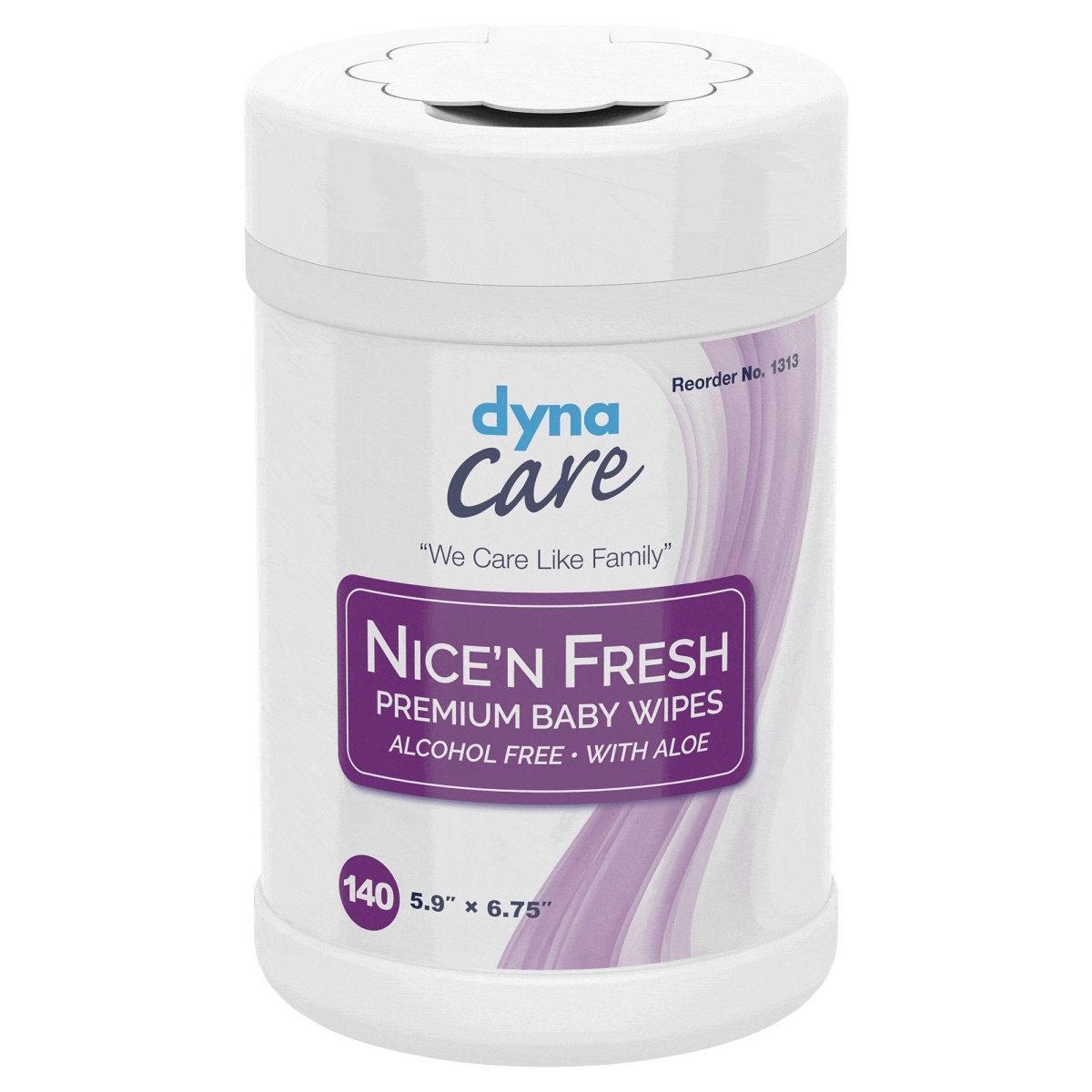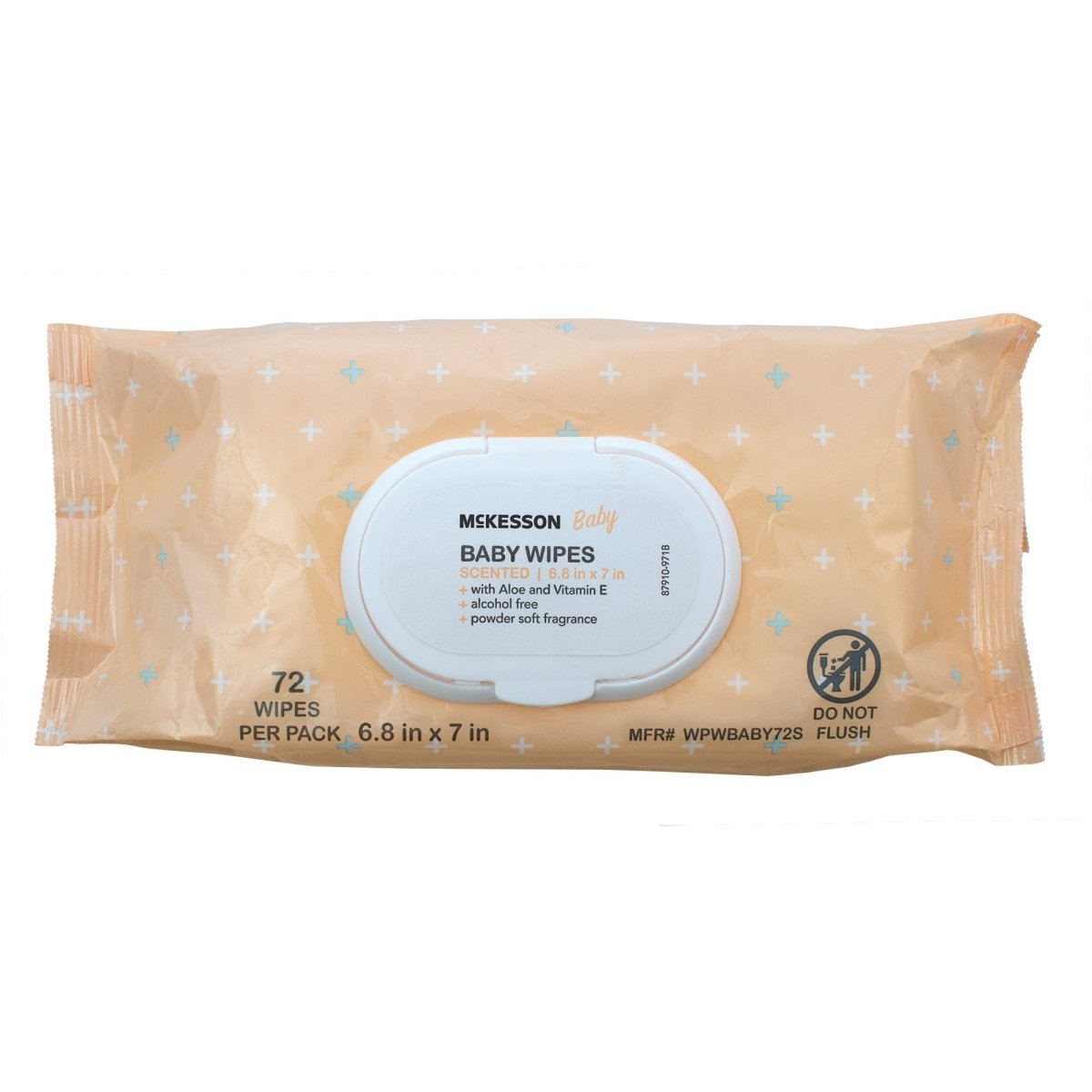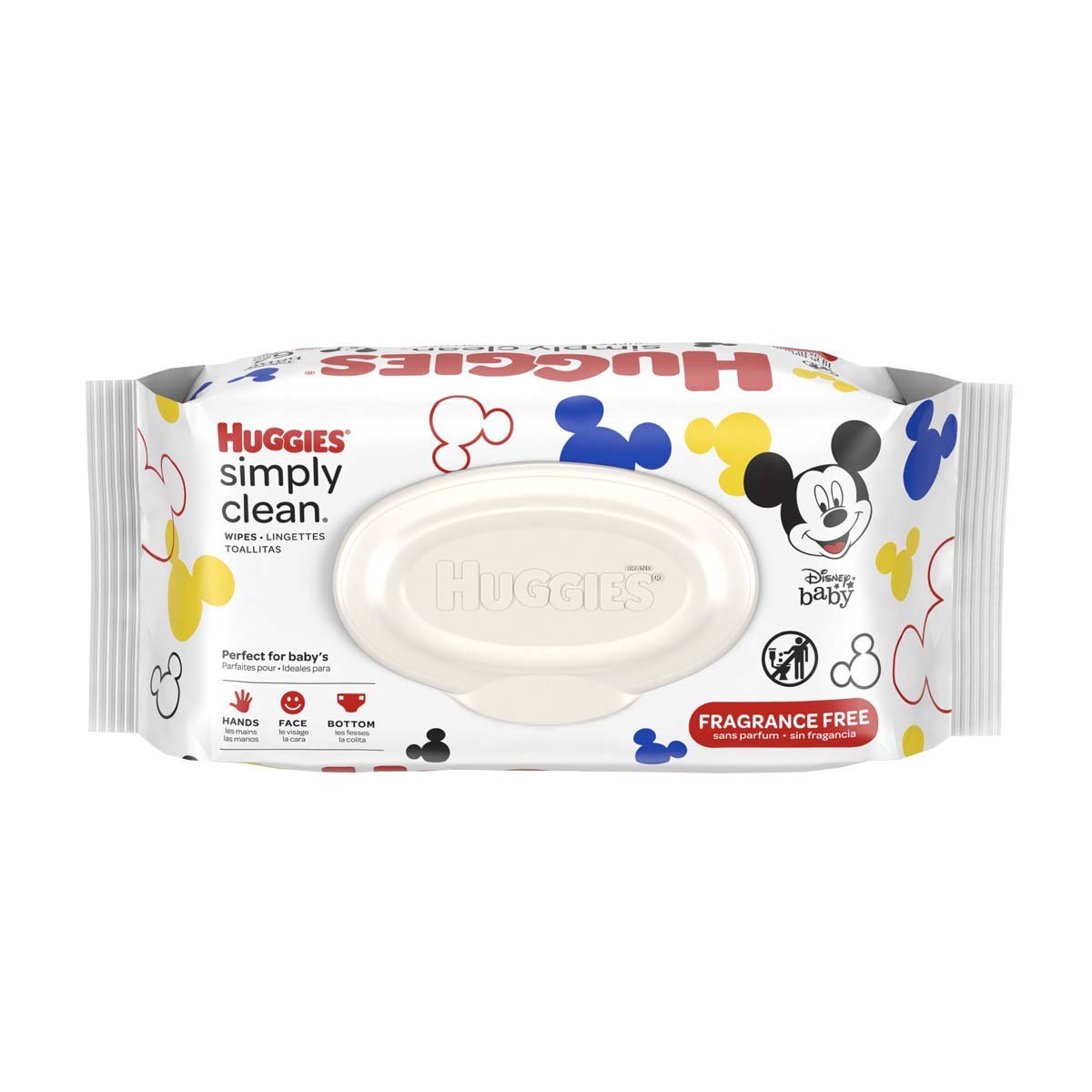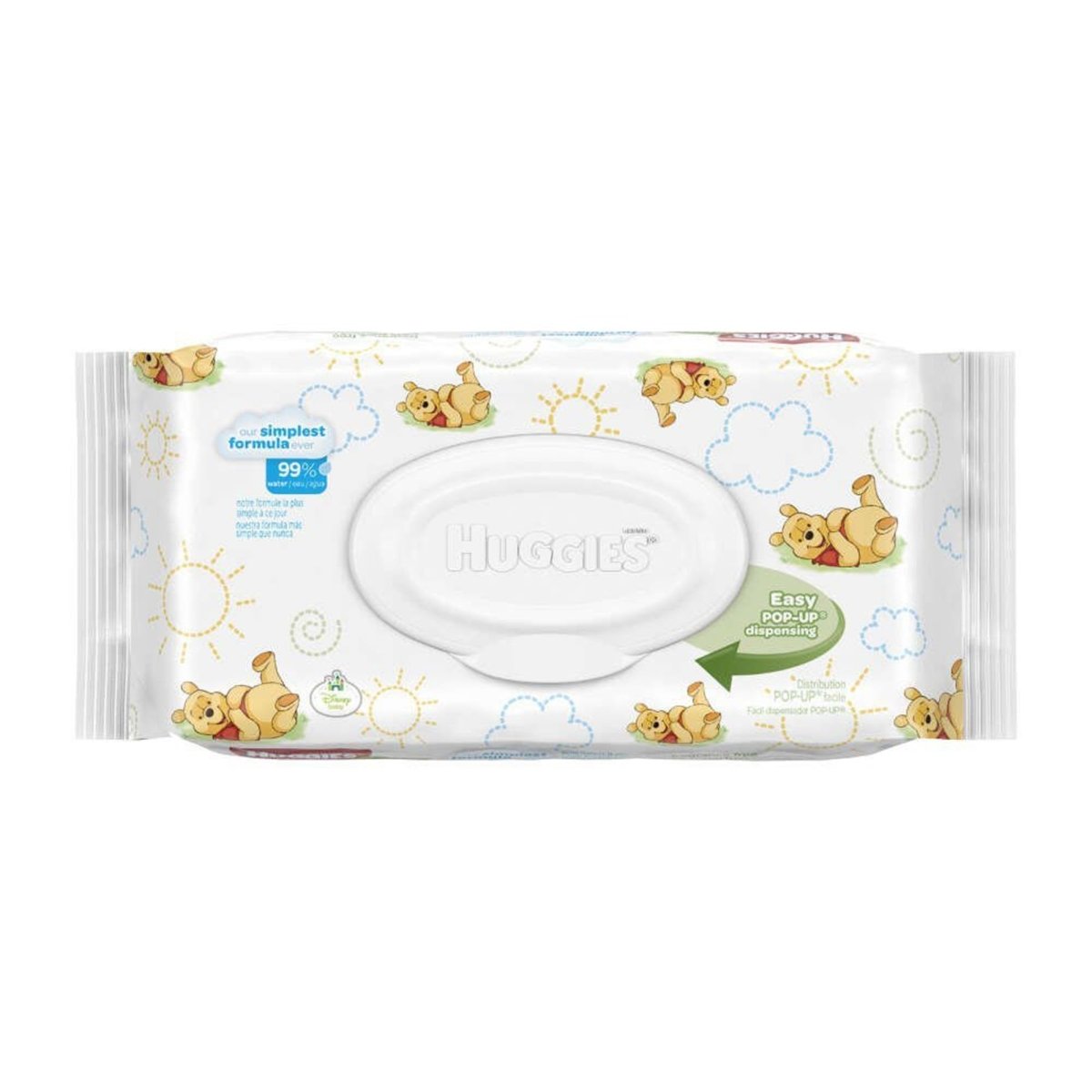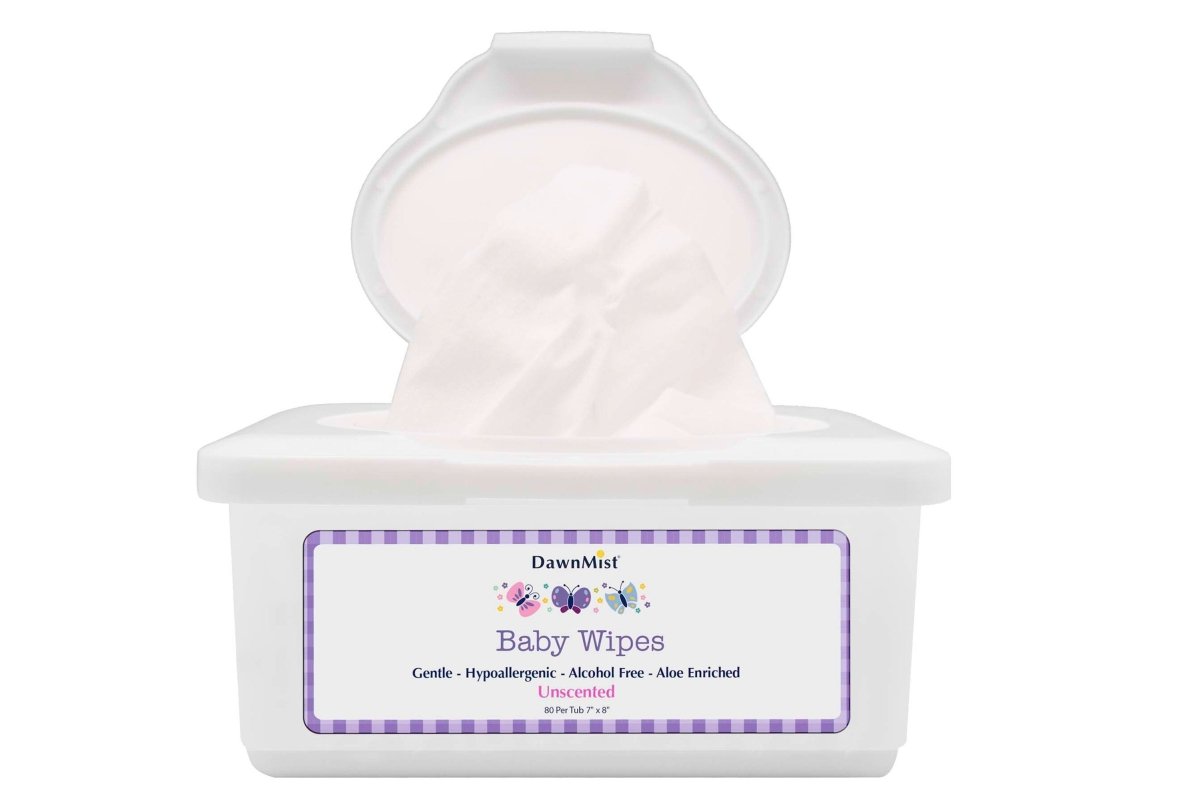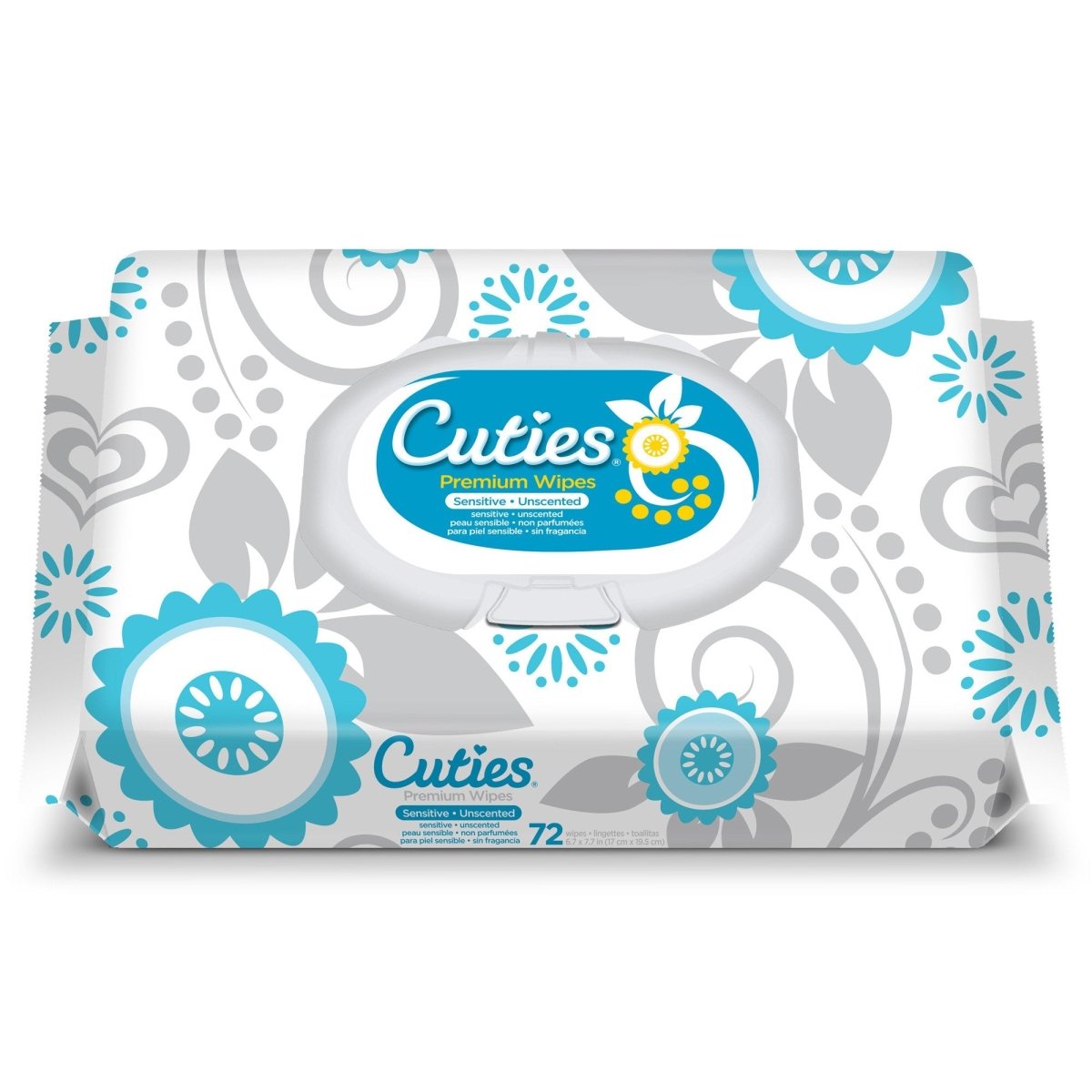Baby wipes are soft, moistened cloths made for gently cleaning a baby's skin during diaper changes, mealtime messes, and general hygiene. Typically made from non-woven fibers saturated with water and mild cleansing agents, they are often formulated to be alcohol-free, hypoallergenic, and fragrance-free to reduce irritation. Options include disposable (flushable and non-flushable) wipes and reusable washable cloth wipes; for sensitive skin, choose dermatologist-tested, unscented varieties. Dispose of non-flushable wipes in the trash to prevent plumbing and environmental problems.
Frequently Asked Questions about Baby Wipes
Do you still have questions about Baby Wipes?
If we still haven't answered your question, you can contact us by phone or email and we will get back to you as soon as possible.

